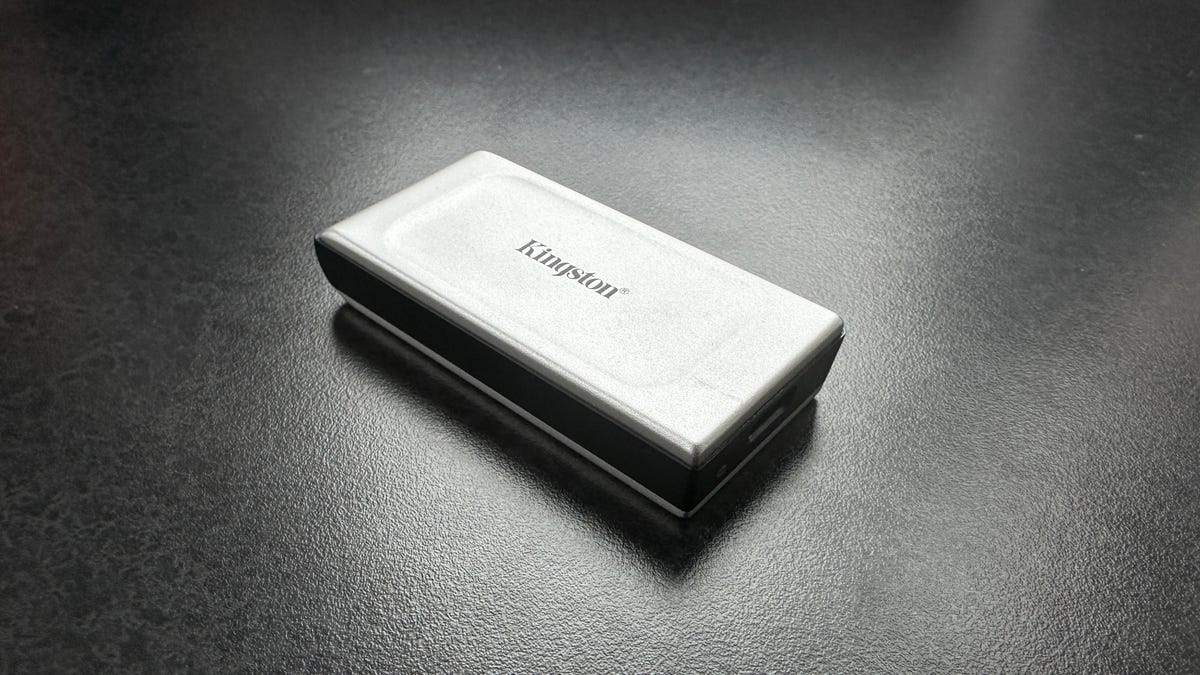Tech
Best External Hard Drives and SSDs for 2025

Choosing the Right External Hard Drive: A Comprehensive Guide
Budget: Setting Your Spending Limit
When it comes to purchasing an external hard drive, one of the first things to consider is your budget. The cost of an external drive can vary significantly depending on the type of technology it uses. Solid-state drives (SSDs), which use flash memory, are generally more expensive than traditional mechanical hard drives. However, SSDs have become more affordable over the years. For instance, you can now find a 1TB external SSD for around $65. On the other hand, if you’re looking for a high-capacity drive, you might find mechanical hard drives more budget-friendly, especially for storage needs beyond 4TB. It’s important to weigh your budget against your storage and performance needs to make the best decision.
Capacity: How Much Storage Do You Need?
External drives come in a wide range of storage capacities, starting from 500GB and going up to as much as 22TB. The right capacity for you depends on your specific needs. For many users, especially those who value speed and performance, 1TB or 2TB SSDs are often the sweet spot, offering a good balance between cost and storage space. However, if you require more storage, you’ll need to decide whether to invest in a larger SSD, which can be quite pricey, or opt for a more affordable mechanical hard drive. If you’re storing large files, such as videos or backup data, a mechanical drive might be the more economical choice.
Data Transfer Speed: Balancing Performance and Cost
Data transfer speed is another crucial factor to consider when selecting an external hard drive. SSDs are generally much faster than traditional mechanical drives, with even the slowest SSDs offering speeds that are about five times faster than their mechanical counterparts. However, the fastest SSDs can come with a hefty price tag. It’s essential to assess your needs and determine whether you require high-speed performance. For example, if you frequently work with large video files or need quick access to data, a high-performance SSD might be worth the investment. On the other hand, if your use case is more basic, such as occasional file backups, a slower but more affordable drive might suffice.
Compatibility: Ensuring It Works with Your Devices
Compatibility is another important consideration when choosing an external hard drive. Most external drives are designed to be compatible with a wide range of devices, including Macs, Windows PCs, and Chromebooks. However, things can get more complex when it comes to game consoles. For example, if you’re looking to store and play games on a PS5 or Xbox Series X/S, you’ll need a drive specifically designed for that purpose. While most external drives can store and play PS4 or Xbox One games, they may not work for newer consoles without additional hardware, such as expansion cards. It’s crucial to check compatibility before making a purchase to ensure your drive works seamlessly with all your devices.
Security: Protecting Your Sensitive Data
If you’re planning to store sensitive data on your external drive, security should be a top priority. Look for drives that offer built-in security features, such as encryption, to protect your data from unauthorized access. Many modern external drives come with encryption technologies that can help keep your files safe, especially if the drive is lost or stolen. While these features may add a little to the cost, they provide an extra layer of protection that can be invaluable for safeguarding your important data.
Conclusion: Making the Right Decision for Your Needs
Choosing the right external hard drive involves balancing your budget, storage needs, performance requirements, compatibility, and security concerns. By carefully evaluating these factors, you can find a drive that meets your needs without breaking the bank. If speed and performance are your top priorities, an SSD is the way to go, even if it means sacrificing some storage capacity. On the other hand, if you need a lot of storage space and don’t mind slower speeds, a mechanical hard drive might be the better option. Regardless of your choice, make sure to consider compatibility with your devices and any additional security features to ensure your data is both accessible and protected.